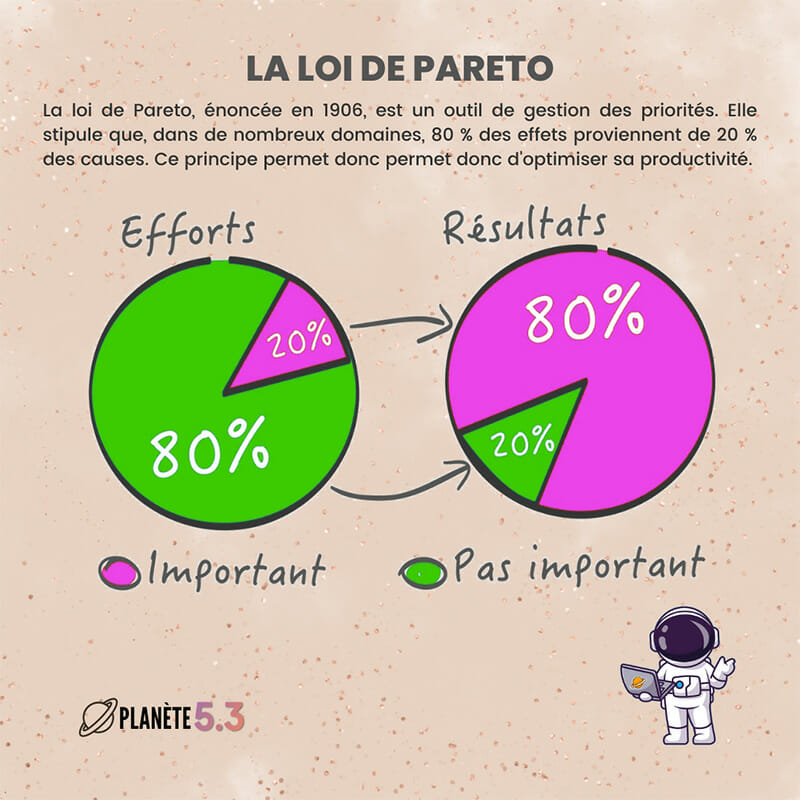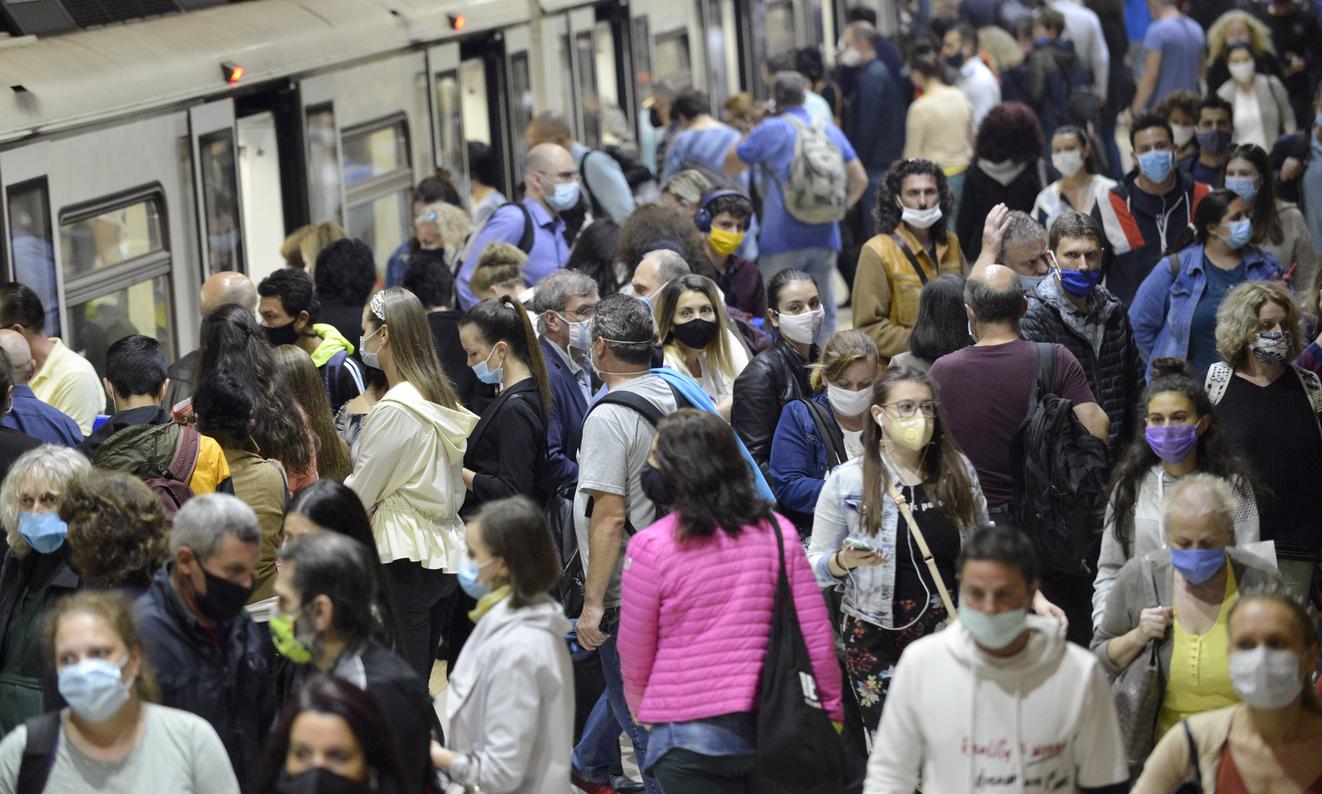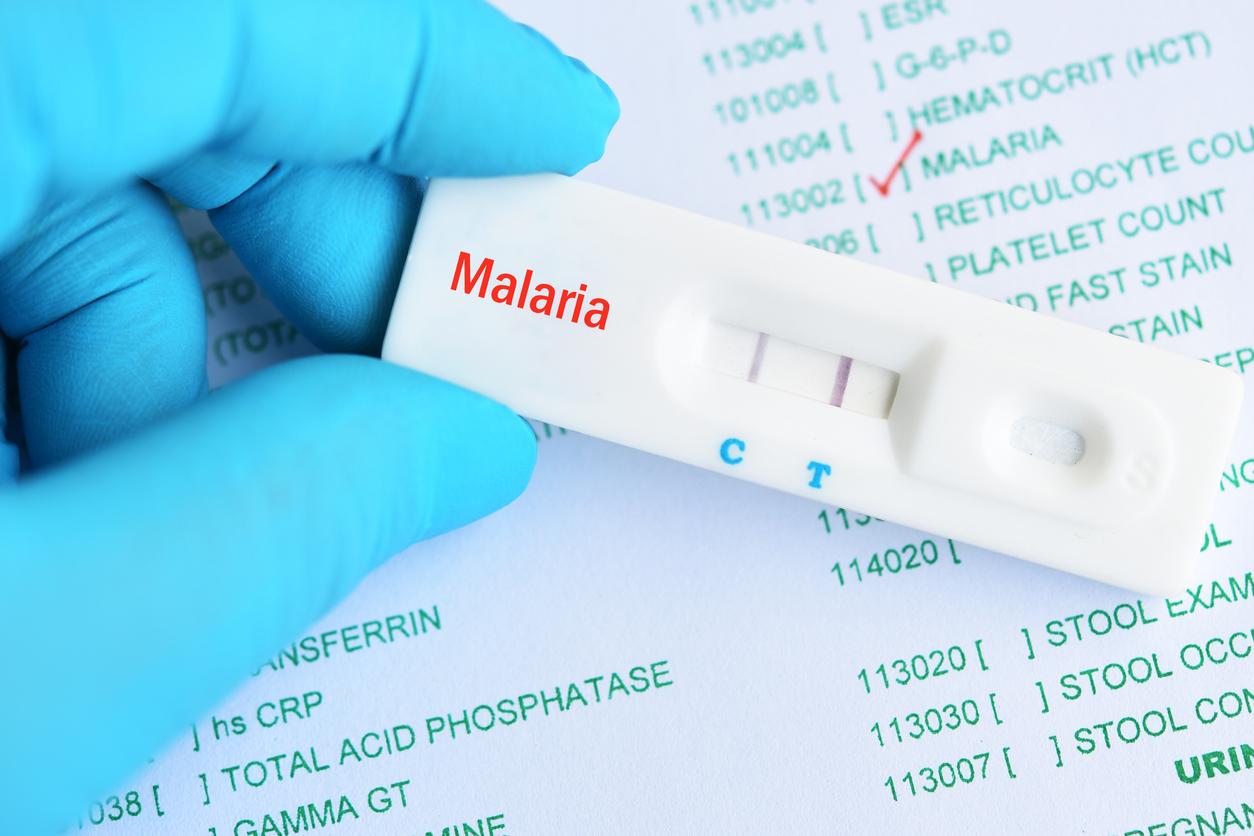In the list of priority diseases, which has just been published by the WHO, there is a mysterious “disease X”. What is it about ?

But what is this mysterious disease put forward by the World Health Organization (WHO)? For the second time after 2015, the agency has just published its list of priority diseases (in English), for which “an urgent research and development effort” is considered essential. The short list of infectious diseases – including Ebola, Zika, or Lassa fever – ends with an intriguing “disease X”.
So what is this affection? No panic, or rather: a controlled panic. This is not a new disease, but a way of alerting to a reality: in terms of epidemic risk, the worst is undoubtedly to come. “Disease X represents the fact that a global epidemic could be caused by a pathogen that is currently unknown to be transmissible to humans,” says the WHO, which invites States to do so. to prepare.
From Murphy’s Law in Epidemiology
Last month, on the occasion of World Government Summit 2018, the new Director General of WHO Tedros Adhanom warned of the reality of a pandemic risk. “This is not a horror movie script, this is precisely what happened exactly 100 years ago with the Spanish flu. The influenza pandemic, which hit the world in 1918, killed an estimated 30 million to 100 million people. More than the Great War.
Epidemics are very difficult to predict. And if attempts at modeling exist, they relate to already identified infectious agents, such as the H1N1 influenza or more recently the Zika virus in Latin America. However, new viruses can very well emerge unexpectedly, in particular by mutating to be transmitted from animals to humans. With dramatic consequences, as for HIV in the 1980s or SARS in 2003, which was the first epidemic of the 21e century.
Fears terrorists could unleash Disease X killing millions around the worldhttps://t.co/ehI44MPU6X pic.twitter.com/CIEg19JaoN
– Daily Mirror (@DailyMirror) March 11, 2018
Investing in public health systems
To prepare, it is therefore better to act upstream. “Universal health coverage and management of health emergencies are two sides of the same coin,” the WHO director explained to heads of state from around the world meeting in Dubai. “Epidemic episodes (outbreaks, editor’s note) are inevitable, but not epidemics. (…) The best way to protect against health crises is to strengthen health systems. “
A call to take strong political decisions, at a time when many States are struggling to finance their health systems for lack of resources. Any resemblance to an existing situation …
.

















